
Mephisto
1981
Rate this movie
Average: 5.00 / 5
(1 votes)
Director
From Klaus Mann's novel, a work as powerful as it was controversial, which recounted the life of actor Gustaf Gründgens, famous in his time for his interpretations of Goethe's Faust, but also for his role as the crime boss in Fritz Lang's film M The Monster of Duesseldorf. Gründgens, whose name and career had been dissected here with almost surgical lucidity, strenuously opposed the novel's release, even instigating a famous posthumous lawsuit aimed at blocking its publication in Germany. But in vain, as the power of the narrative, a sort of roman à clef that transcended mere biography to become a profound inquiry into moral compromise, was already destined to resonate far beyond the confines of the courtroom.
István Szabó's sublime ability is especially evident in his transfiguration of the theatrical atmospheres of the story, touching, in a kind of spiritual communion, upon the hostile and perverse reality: this appears to be one of the possible keys to understanding this magnificent film. The Hungarian director, with a mastery reminiscent of the great innovators of European cinema, does not merely show us the stage, but extends it, distorts it, contaminates it with the moral and political putrefaction engulfing Germany. Every shot is imbued with this ambiguity, featuring dramatic lighting and chiaroscuro that evoke German Expressionism – not just for aesthetic reasons, but as a lens through which to grasp the distortion of the soul. The theatre becomes metaphor, prison, ephemeral refuge, and, ultimately, an instrument of a power that exploits illusion to consolidate its brutal hegemony. This fusion of scenic art and historical horror is the true beating heart of the work.
Thus is recounted the story of an obscure provincial actor who, blinded by devouring ambition and a craving for recognition, rose to become an icon of power during the ascent of the Nazi regime, thanks to the protection of the highest-ranking Nazi officials. His mentor and protector, the charismatic and terrifying "General" (a clear reference to Hermann Göring, who truly protected Gründgens), becomes his personal Mephistopheles, offering him glory in exchange for his soul. Gründgens (who in the film is named Hendrik Höfgen for obvious legal reasons, but also to emphasize his transformation into an archetype of compromise) detested Nazism; a deep, visceral hatred, yet, incredibly, he silenced his conscience in the name of his career. His "inner emigration" – the attempt to save his soul by remaining within a corrupt system – proves to be a chimera, a self-deceptive illusion that drags him ever deeper into the abyss of ignominy.
The squalid compromises to which the actor must repeatedly submit – from the renunciation of Jewish or leftist friends and colleagues, to the forced separation from his non-conforming wife, to the performance of propagandistic plays exalting the regime – will ultimately come to light dramatically. Not so much as a public revelation, but as an inner collapse, a fragmentation of identity that leaves Höfgen an empty shell, a gilded puppet in the hands of his tormentors-benefactors.
A raw metaphor for the delicate balance between established power and art, where servility and pure talent intermingle, making a clear reading of the aesthetic message arduous. The film offers no easy answers, but poses uncomfortable questions about the artist's responsibility, the malleability of morals, and the perversion of beauty when it bends to ideology. It is a universal warning about the fragility of integrity, an echo of Theodor W. Adorno's words on the barbarity of poetry after Auschwitz, which here takes shape in the cynical repurposing of genius for destructive ends.
Within this magma of contradictions, Klaus Maria Brandauer's statuesque performance in the leading role emerges. His portrayal is a prodigy of ambiguity: he imbues the character with a poignant and tenderly apathetic depth, a disarming fragility that clashes with his outward arrogance. Brandauer does not merely "act" Höfgen; he embodies him, revealing his cracks and most hidden fears with facial expressions and gestures that communicate far more than words. His gaze, often absent or veiled by a subtle melancholy, is that of a man who, despite reaching the pinnacle of success, has lost every glimmer of himself, imprisoned in the gilded cage of his own making.
Finally, special mention must be made of the lavish historical reconstruction, which is not mere decoration, but an essential element for immersing oneself in an era of splendor and horror. From the impeccable costumes to the imposing set designs, every detail contributes to recreating the oppressive and seductive atmosphere of Nazi Germany, making tangible the trap in which Höfgen struggles. A work from which much can be learned, which casts a sideways, yet penetrating, glance at one of the most terrible political cataclysms of the last century, not through the trenches and extermination camps, but from the glittering stages of theaters, from the smoky halls of power. Mephisto is a timeless film, a masterpiece that continues to resonate with its burning relevance, inviting us to reflect on the price of the soul in a world where power is always ready to demand its due.
Genres
Gallery
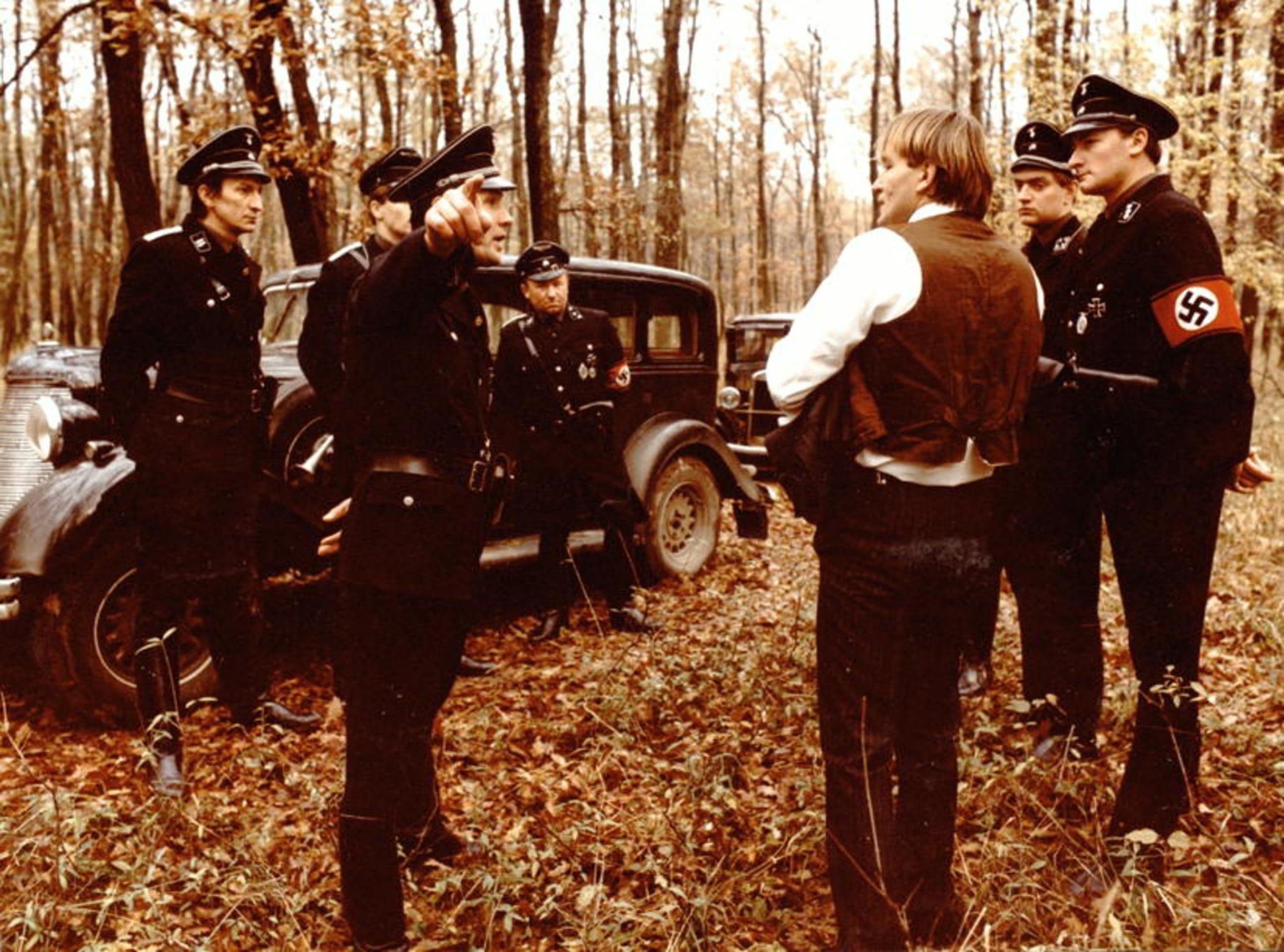
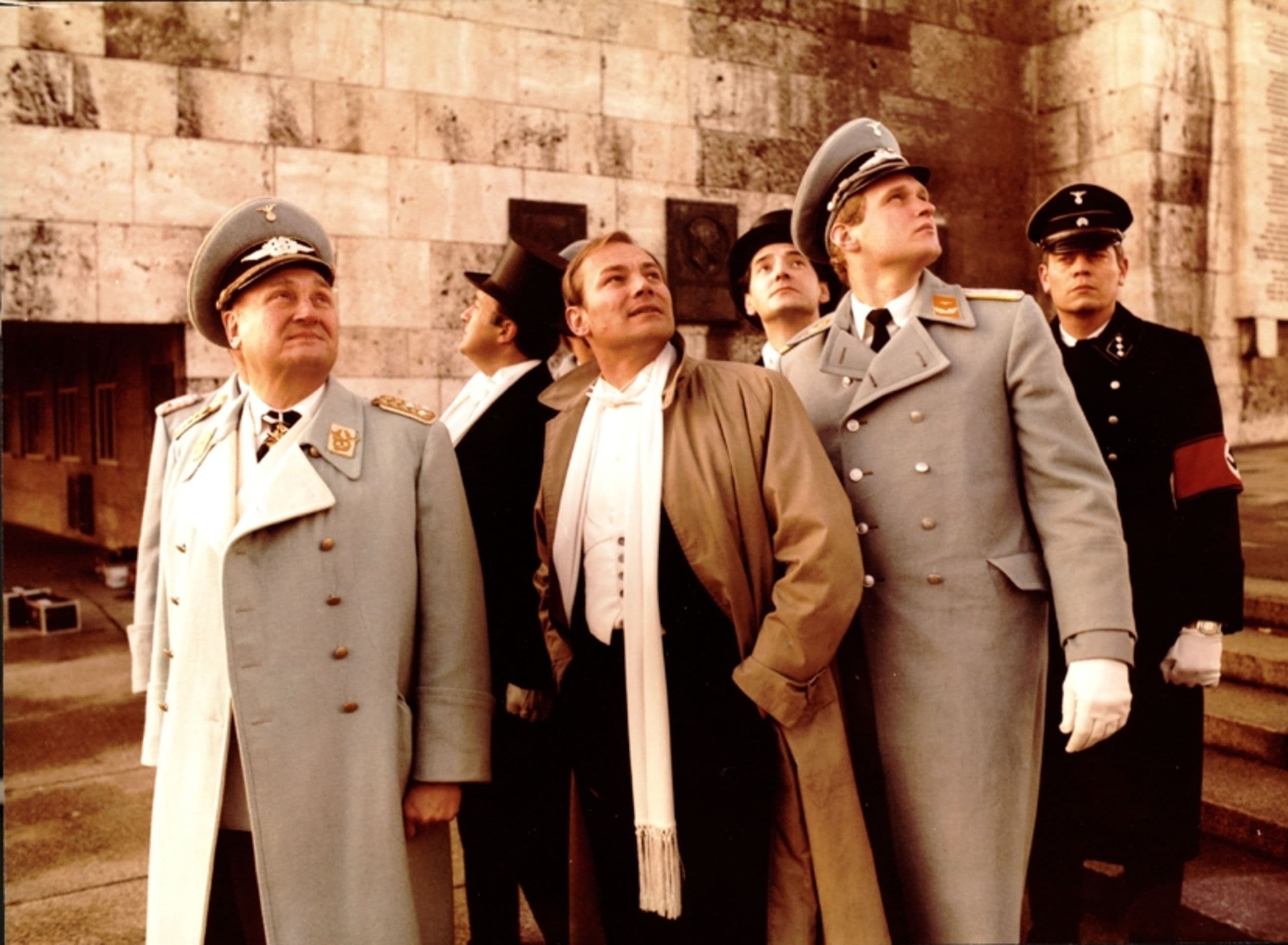
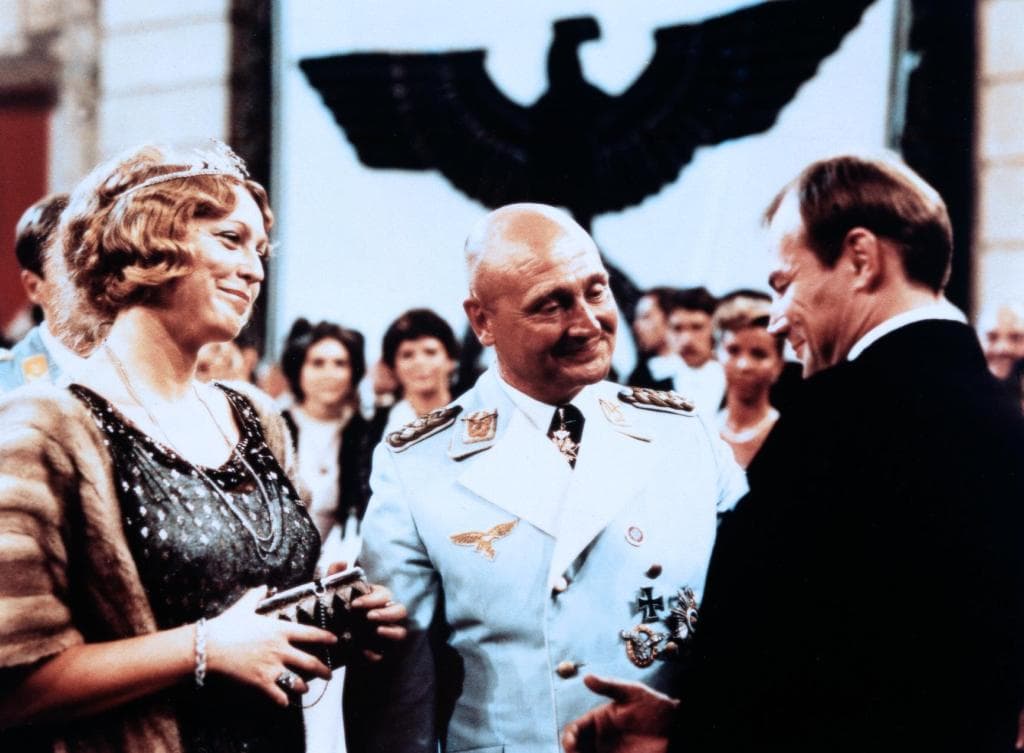
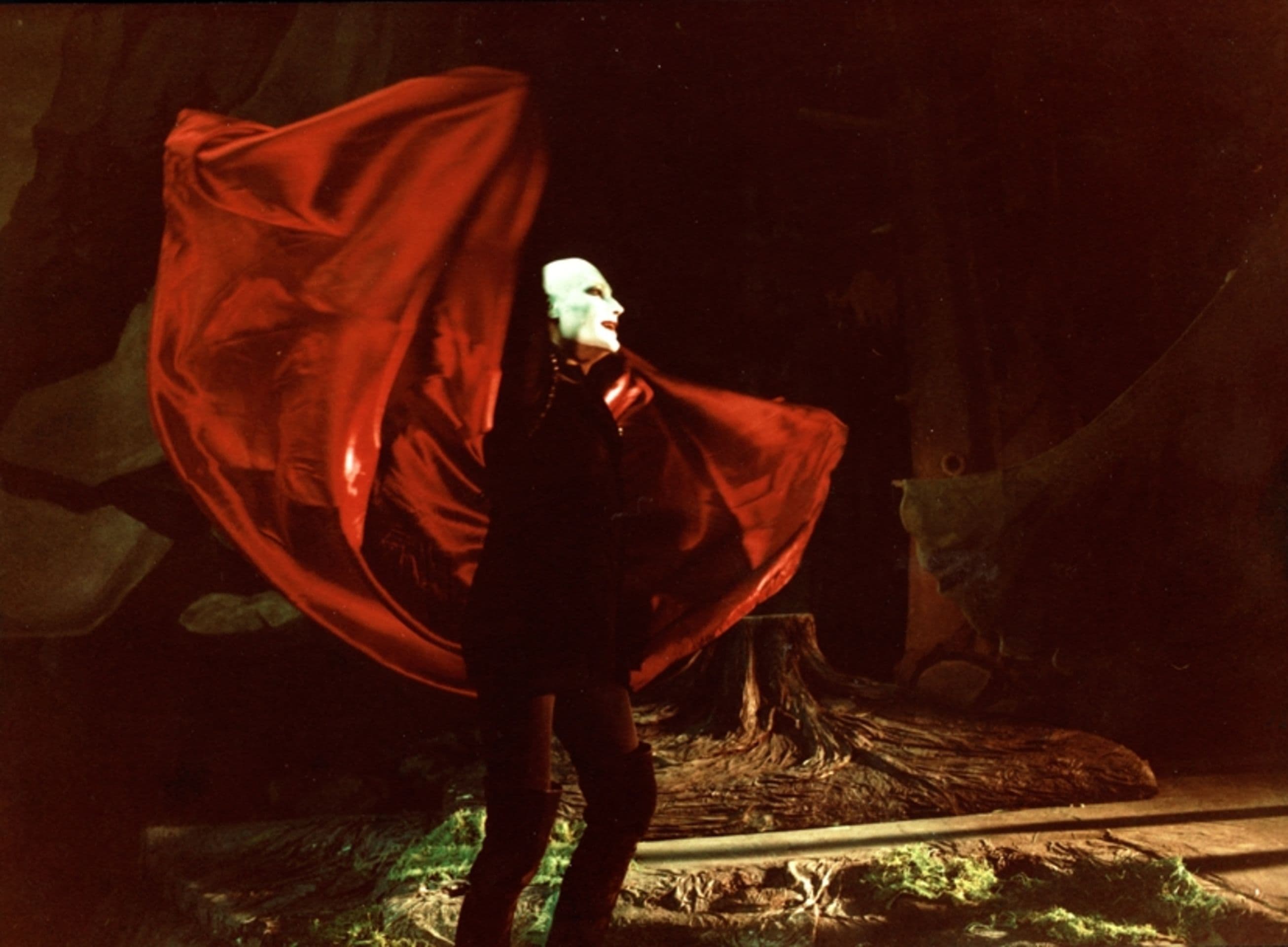
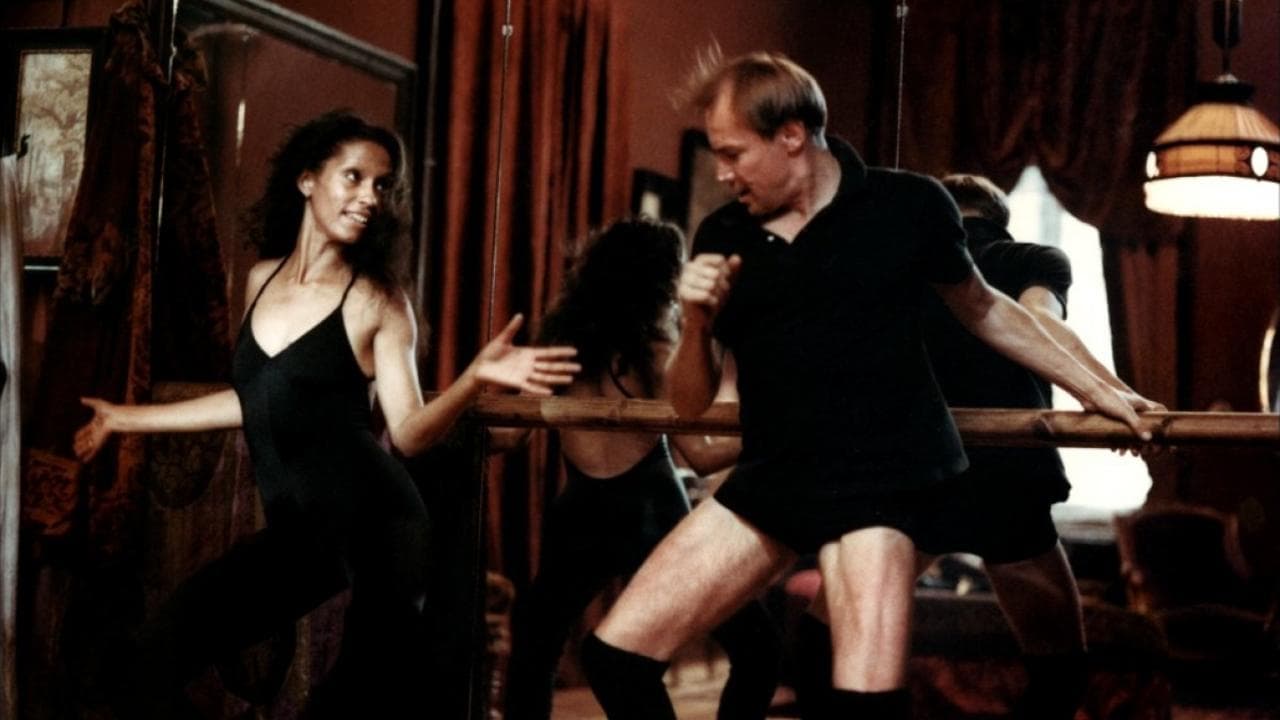
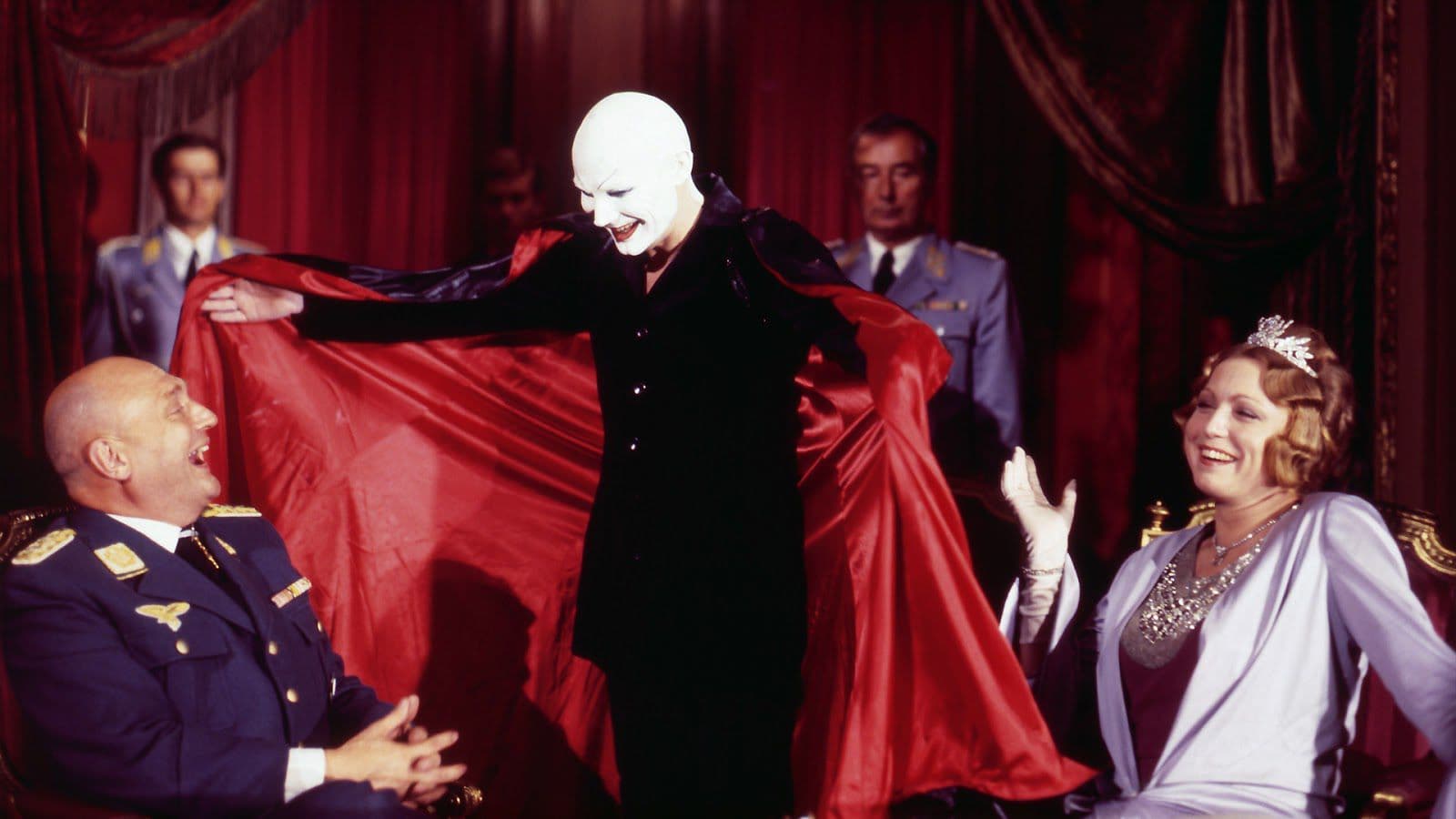
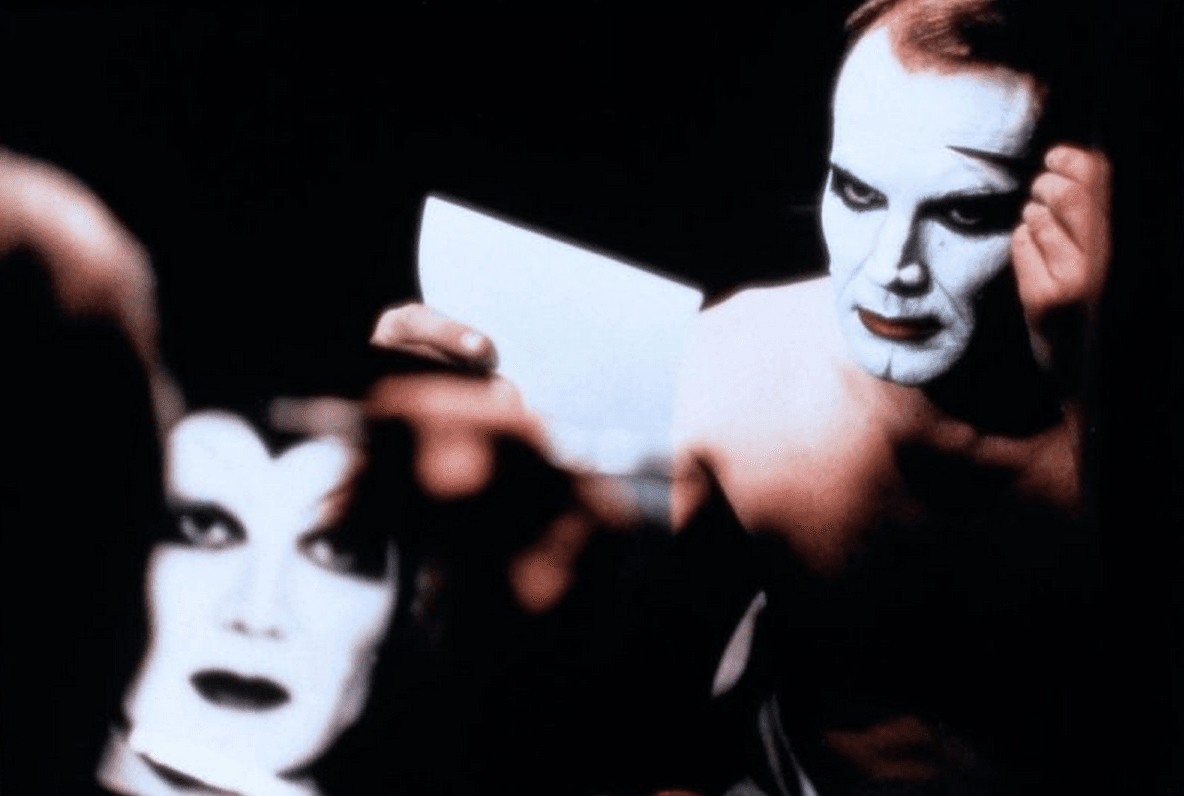
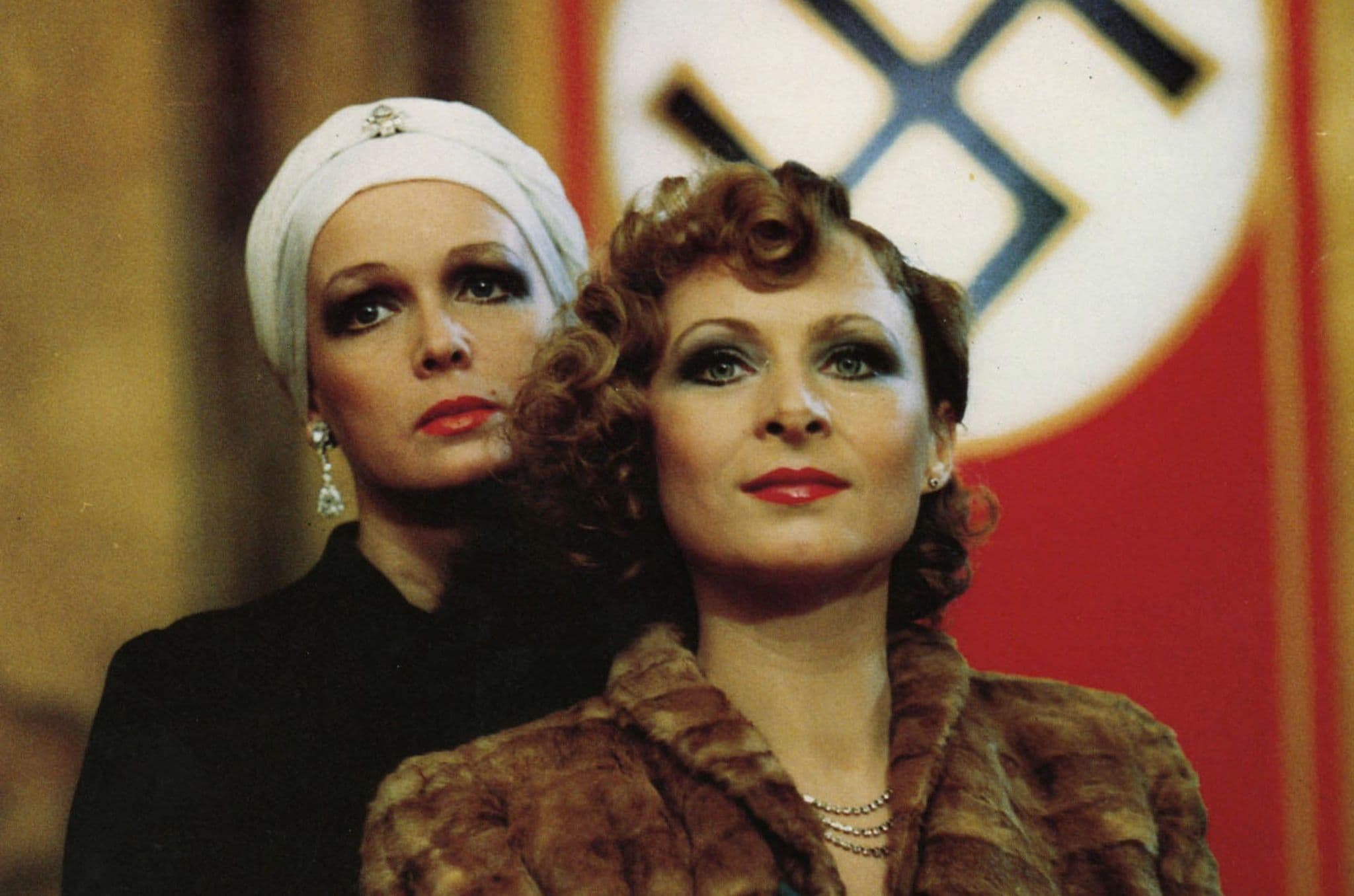
Featured Videos
Official Trailer
Comments
Loading comments...